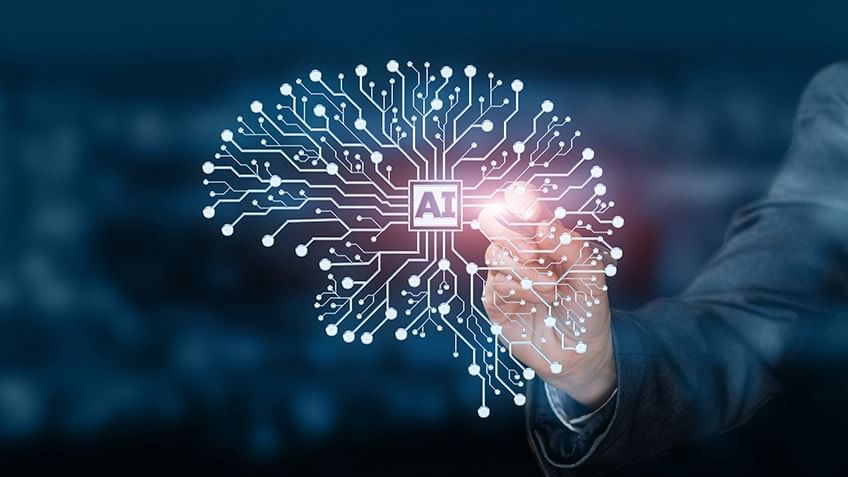artificial intelligence
AI
What is artificial intelligence?
What is artificial intelligence?
While a number of definitions of artificial intelligence (AI) have surfaced over the last few decades, John McCarthy offers the following definition in this 2004 paper (link resides outside ibm.com), " It is the science and engineering of making intelligent machines, especially intelligent computer programs. It is related to the similar task of using computers to understand human intelligence, but AI does not have to confine itself to methods that are biologically observable."
However, decades before this definition, the birth of the artificial intelligence conversation was denoted by Alan Turing's seminal work, "Computing Machinery and Intelligence"(link resides outside ibm.com), which was published in 1950. In this paper, Turing, often referred to as the "father of computer science", asks the following question, "Can machines think?" From there, he offers a test, now famously known as the "Turing Test", where a human interrogator would try to distinguish between a computer and human text response. While this test has undergone much scrutiny since its publish, it remains an important part of the history of AI as well as an ongoing concept within philosophy as it utilizes ideas around linguistics.
Stuart Russell and Peter Norvig then proceeded to publish, Artificial Intelligence: A Modern Approach (link resides outside ibm.com), becoming one of the leading textbooks in the study of AI. In it, they delve into four potential goals or definitions of AI, which differentiates computer systems on the basis of rationality and thinking vs. acting:
With all the hype around Artificial Intelligence - robots, self-driving cars, etc. - it can be easy to assume that AI doesn’t impact our everyday lives. In reality, most of us encounter Artificial Intelligence in some way or the other almost every single day. From the moment you wake up to check your smartphone to watching another Netflix recommended movie, AI has quickly made its way into our everyday lives. According to a study by Statista, the global AI market is set to grow up to 54 percent every single year. But what exactly is AI? Will it really serve good to mankind in the future? Well, there are tons of advantages and disadvantages of Artificial Intelligence which we’ll discuss in this article. But before we jump into the pros and cons of AI, let us take a quick glance over what is AI.



Comments
Post a Comment